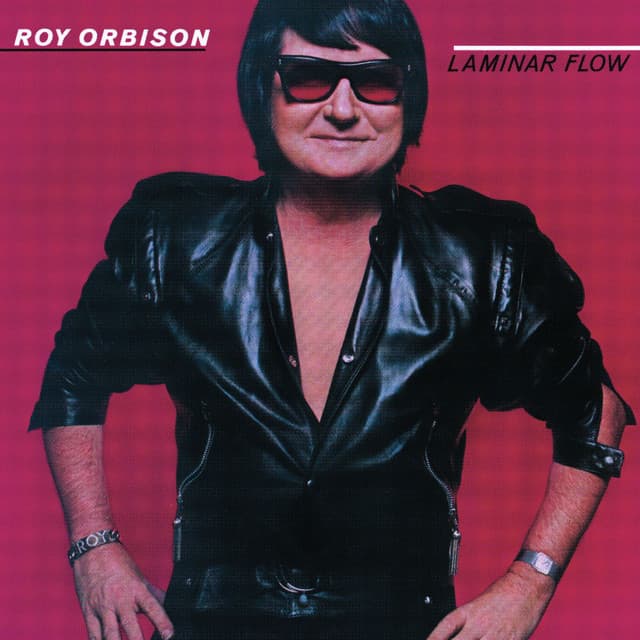
❤️ The Enduring Ache of a Good Heart Gone Wrong: An Ode to Misplaced Affection
Roy Orbison’s poignant late-career ballad, “Poor Baby,” is an evocative lament for a person caught in the cruel trap of unrequited love and self-sacrifice, beautifully capturing that specific, tender kind of heartbreak.
Released in 1980 on his album, Laminar Flow, the song was a standout track that critics at the time, like those at Billboard, recognized as a return to form for the “Big O” in the ballad department, even amidst the album’s slightly more contemporary sound. While the track was not released as a commercial single and thus did not achieve a specific chart position upon its initial release, it remains a beloved example of Orbison’s mastery of the heartbroken narrative. The entire album, Laminar Flow, marked a new chapter for Orbison, being his first release with the Asylum Records label and his first new studio material in six years. Its critical reception was warm, noting that the “Orbison pipes” were still “in glorious form,” even if the musical landscape had changed since his Monument and MGM years.
The story behind “Poor Baby” is less about grand personal tragedy and more about the simple, everyday heartache that resonates deeply with everyone who has loved unwisely. Co-written by Orbison and Chris Price, the song functions as a tender, almost parental, observation of a good person being utterly consumed by a difficult and ungrateful love. It’s an empathetic echo of the classic Orbison themes of loneliness and sorrow, but delivered with a greater sense of detached, reflective pity, rather than the raw, desperate anguish of his earlier hits like “Crying” or “Only the Lonely.”
The meaning of the song rests in the painful recognition of a friend or loved one who gives too much of themselves to a love that is clearly doomed or, worse, abusive. The lyricist sings as an outsider, watching this emotional self-immolation and feeling helpless to intervene. The phrase “Poor Baby” is not mocking; it is an expression of deep, mournful empathy. It speaks to the person whose generous heart is consistently betrayed by their choice of partner, the person who keeps forgiving, keeps hoping, and keeps sacrificing their own well-being for a flicker of affection. The haunting arrangement, with its swelling strings and minor-key melancholy, perfectly frames Orbison’s operatic vocal delivery, which manages to sound both soaringly beautiful and utterly devastated at the same time. His voice, ever the iconic instrument of romantic tragedy, elevates the simple tale to a powerful, universal statement on the vulnerability of the human heart.
Listening to it today, it feels like sitting across a cafe table from a wise, gentle friend, sharing a knowing look about a mutual acquaintance whose path through love is always marked by pain. It evokes the feeling of a late evening, perhaps after a glass of wine, as memories surface of those loves we had—or watched others have—that were simply too complicated, too one-sided, or too costly. It’s a song that understands the complexity of giving your heart away, even when your head knows better. It’s not the thunderous despair of his youth, but the quiet, deep sadness of maturity, knowing that some people are just built to love with a magnificent, albeit vulnerable, excess.